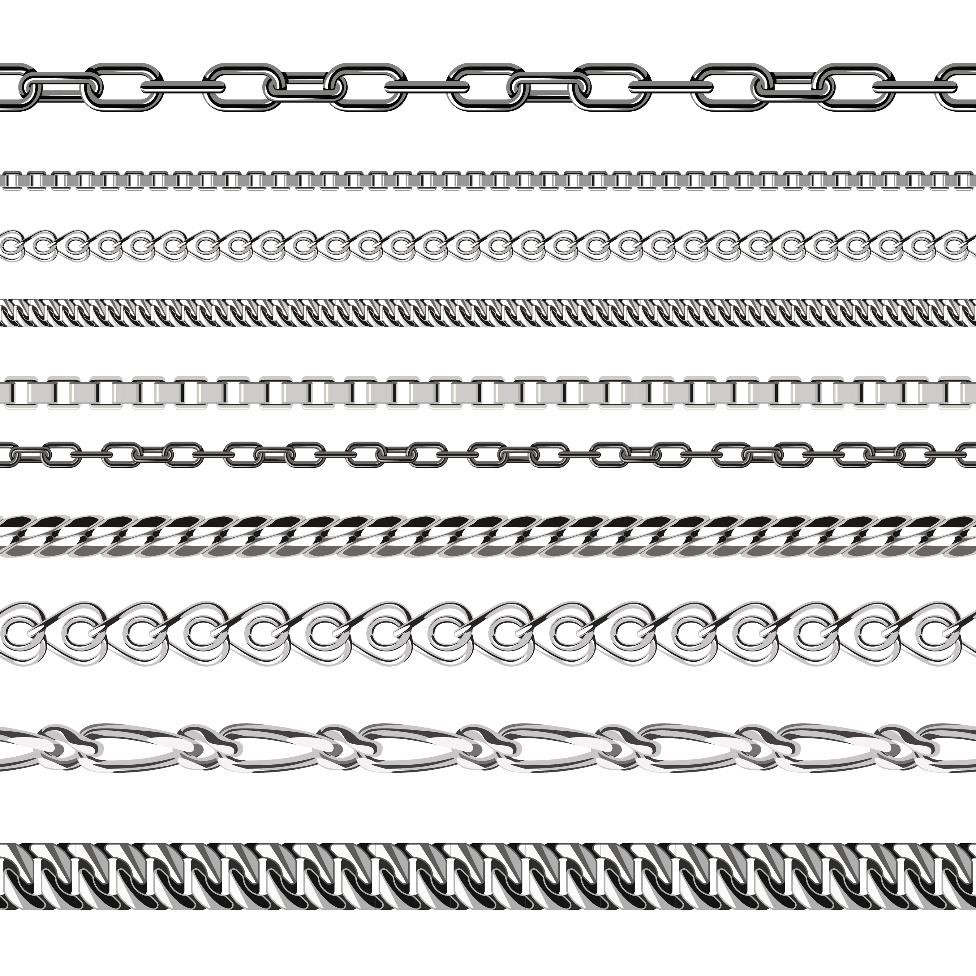Two poems by David Bergman
For example, my mother told me in whispers / that if my grandfather (alav ha-shalom), / had known I was homosexual, / he’d have dropped dead on the spot.
THE MAN WHO WOULD HAVE DIED HAD HE LIVED
The family kept my grandfather from secrets
they feared would kill him
with his congested and erratic heart
and tendency to weep at inappropriate occasions.
Even after his death, they carefully
withheld the truth from his ears.
For example, my mother told me in whispers
that if my grandfather (alav ha-shalom),
had known I was homosexual,
he’d have dropped dead on the spot.
She practically made me pledge
that he would never find out,
fearful that I might be outed
in the underworld.
No doubt, he would have keeled over too
when he found out his great-granddaughter
was now a great-grandson or that virtually
none of his grandchildren had married
within the faith, or kept a kosher home,
or … or . . . There’s no telling
how many times he would have died
had he been brought back to life
or how much he might have accepted
had he’d been allowed to rest with the dead.
THE MAN WHO VISITED CEMETERIES
never visited his own family’s graves,
which anyway were scattered across the country.
But even if they were buried next door to him,
he’d never go see how they’re doing.
These marble slabs and tufted mounds of grass
had no connection to those he loved.
Graveyards where places to meet strangers
who are known only on the simple terms
of name, date, short inscription,
a picture perhaps or line or two of verse
for good measure. Children’s graves
were the most eloquent
with dates carved far more deeply
than the names and topped
by either a weeping willow or a lamb.
He hated the famous who seemed to think
they needed monuments. Did Marx require
the mausoleum they built for him in Highgate?
Gertrude Stein got it right—her name and space
for Alice beside her. No decoration becomes the dead.
He had visited graves wherever he went:
Forest Lawn and Pere Lachaise, the slave quarters
at Mount Vernon and the tiny Jewish plot on 11th Street.
It is miraculous that the entire planet
hasn’t been covered yet in mortuary stone.
What he hadn’t witness was the sky burial
practiced in Tibet, where the ground is hard
and unfit for graves. There the dead are placed
on a mountain ledge for buzzards and hawks
to peck apart the sweet meats
and viscera. An eaglet claims
a knuckle for his own, some old bird a floating rib.
They eat until almost too full to fly.
But fly they do, circle after circle
as the wind lifts them toward the sun
or drops them to a dark known only to themselves.
Death is a dish we all must learn to swallow,
he thought, which is why he loved
the ancient stele from Keramikos,
an old man sits, his face half-worn away,
and serves a cricket to his dog, who watchful
as ever, lies at his master’s feet and waits and waits.
David Bergman is the author and editor of over twenty books. His most recent book of poetry is Fortunate Light; his most recent critical book is The Poetry of Disturbance. He is trying to finish a new critical work, Pimping for Poetry: How to Find Pleasures in Verse as well as another collection of poems. But he regrets that Parkinson’s Disease has made writing and typing an even more exhausting practice.
